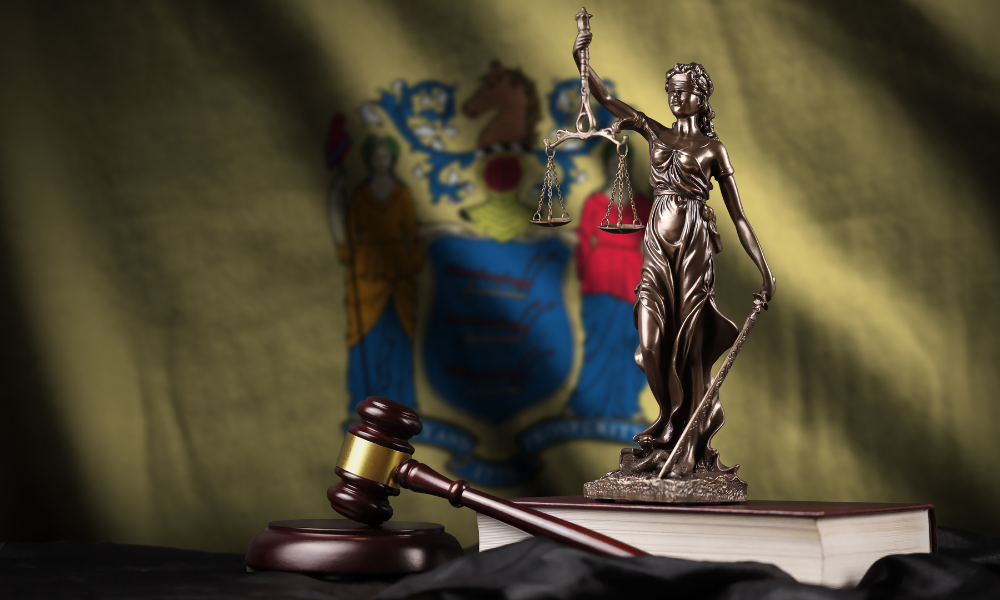
The court overturned a 1979 rule imposing permanent disbarment for lawyers who misappropriated funds

The New Jersey Supreme Court has introduced a significant policy change, allowing disbarred lawyers to apply for reinstatement after five years, departing from its previous stance of automatic and permanent disbarment in cases involving the knowing misappropriation of funds.
The ABA Journal reported that the court overturned a 1979 precedent that imposed permanent disbarment for lawyers who knowingly misappropriated client funds. Now, such lawyers, along with those disbarred for other reasons, can seek readmission if they fulfill specific conditions. However, the court reserved the authority to impose permanent disbarment in particularly severe cases and restrict multiple reinstatement applications from certain individuals.
New Jersey’s updated policy brings it in line with 41 other states and the District of Columbia, which allow disbarred lawyers to apply for readmission, typically after a five-year period.
While this change presents a path to reentry, reinstatement will not come easily according to ABA Journal. Disbarred lawyers seeking readmission must demonstrate their fitness to practice law and fulfill several conditions. These include passing the New Jersey bar exam and the Multistate Professional Responsibility Examination, completing required continuing legal education courses, and filing a statement of restitution showing payments made to affected former clients and the client protection fund.
The court’s decision follows a recommendation from the Special Committee on the Duration of Disbarment for Knowing Misappropriation, also known as the Wade Committee. The committee, named after lawyer Dionne Larrel Wade, was formed to examine whether disbarment should always be permanent. Wade was disbarred after a random audit revealed she occasionally borrowed money from her client trust account to pay bills. Although Wade always repaid the funds and had no prior disciplinary history, the incident resulted in her disbarment.
Wade’s situation prompted the court to explore the possibility of reform. Out of 28 members on the committee, 21 supported establishing a route to reinstatement.
Chief Justice Stuart Rabner praised the policy change, emphasizing that the revised approach ensures a balanced legal system. "Going forward, New Jersey’s legal system will have a robust and fair review process that not only protects the public but also affords disbarred lawyers, who have taken appropriate steps, a chance to practice law again after five years," Rabner said.